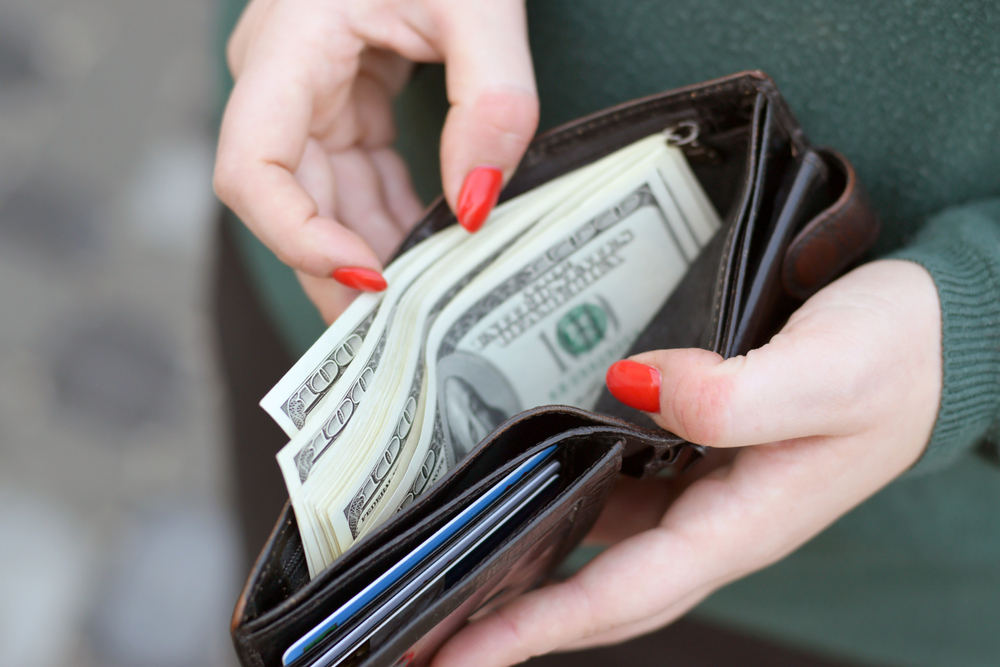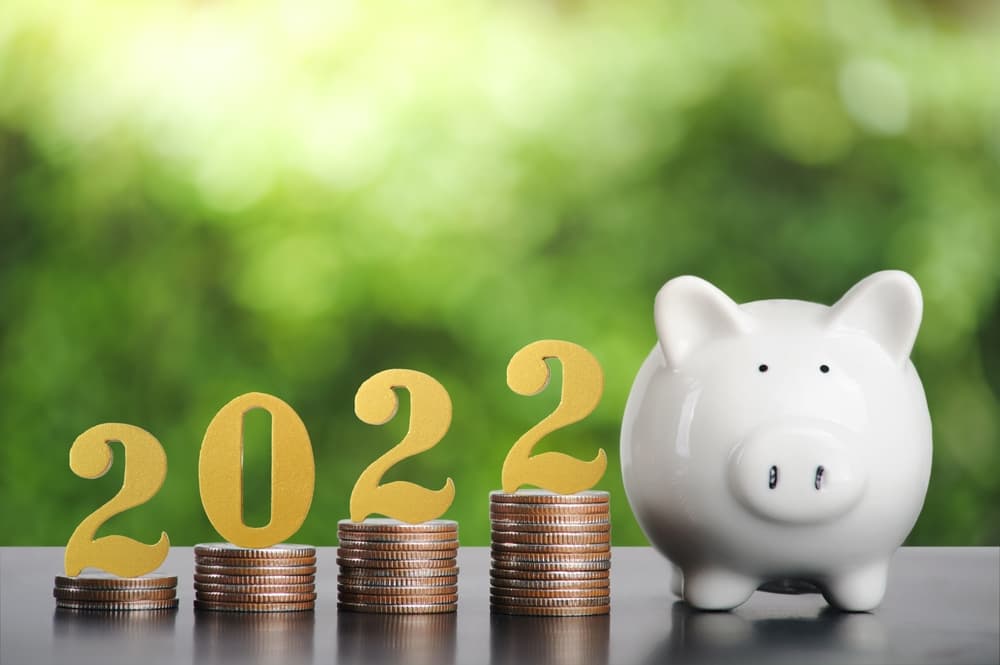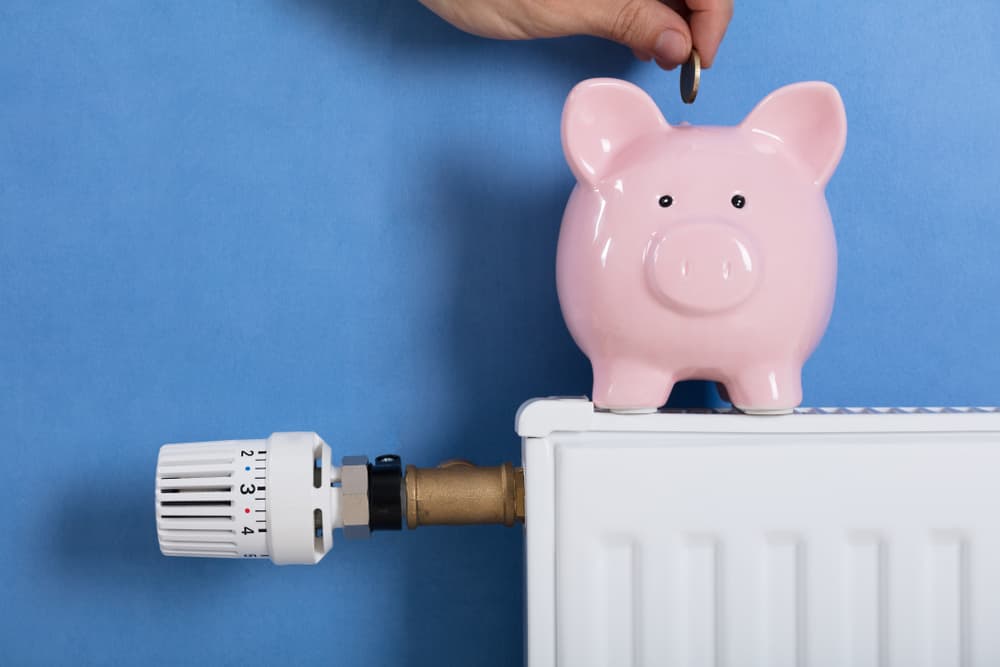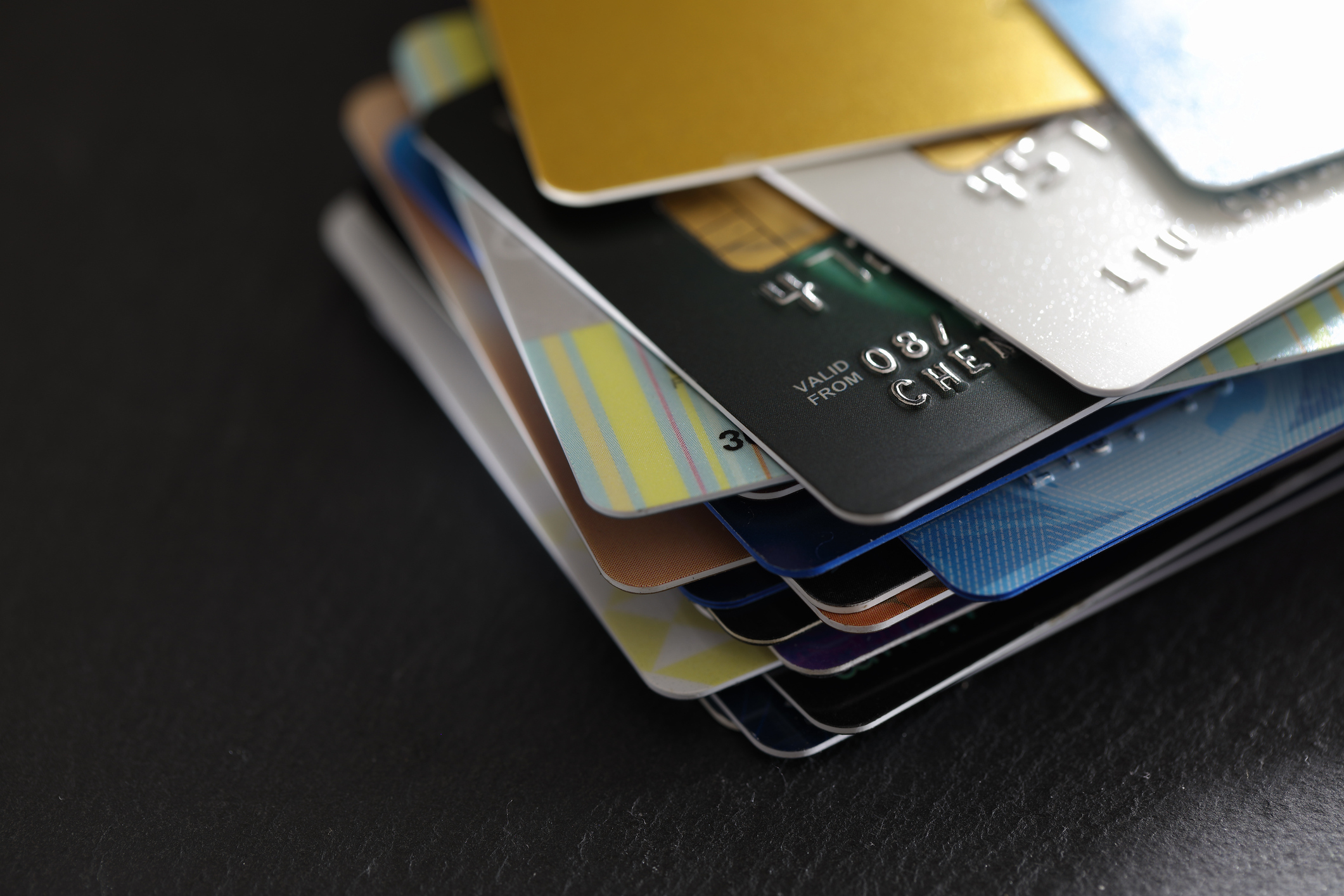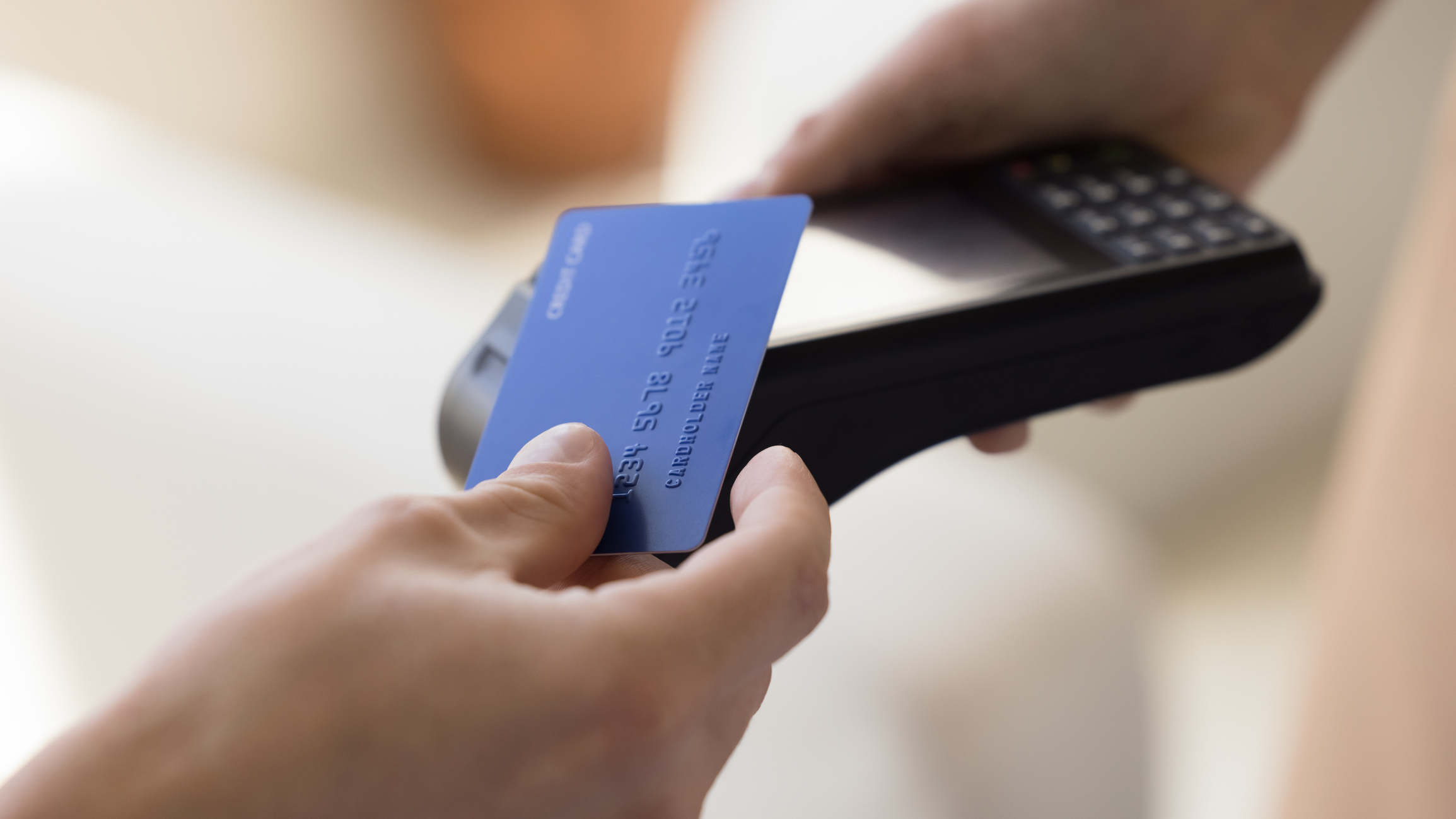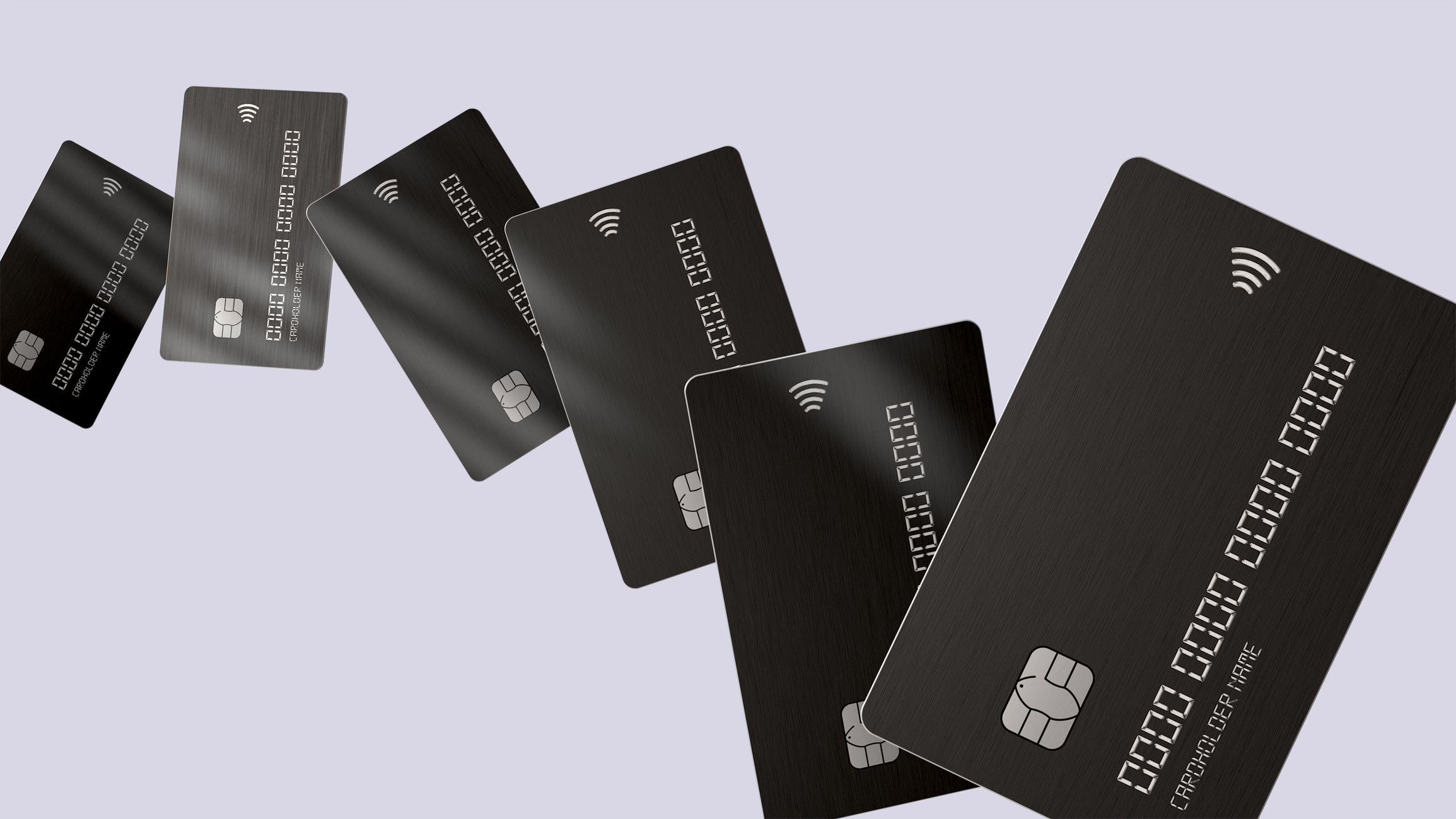7 Ways to Break Out of the Credit Card Debt Cycle

Debt might make it difficult to achieve your financial goals. It's easy to get caught up in a debt cycle with credit cards, car loans, mortgages, and student loans. Climbing out and establishing financial stability, on the other hand, is more difficult.
While credit cards aren't for everyone, if used wisely, they can help you build credit. Fortunately, there are several ways to improve your financial status and stop the debt cycle for good. You'll need a specific stay-out-of-debt approach while reconciling with credit cards. Here are a few ideas to think about.
1. Track Spending
When you use credit cards, it’s important to keep track of your spending. It's easy to go overboard, and small purchases can quickly pile up. Consumers frequently do not know how much these sporadic purchases cost them until they look back.
Implement a tracking system that suits your needs. If you set up spending alerts on your credit card account, you'll be notified if your purchases surpass a specified amount. Mental accounting can also be improved by using a spreadsheet, bullet journal, or budgeting software to track spending.
2. Get an Accountability Partner
A nonjudgmental partner or a reliable loved one can provide guidance on a purchase or a debt-reduction plan. An accountability partner can act as a sounding board, allowing you to hear your own reasoning for financial decisions out loud.
3. Don’t Store Your Credit Card Information Online
Convenient methods of payment can lead to unnecessary spending. You'll have more time to ponder about a purchase if you enter payment information into forms for every online purchase.
4. Set Aside Cash for Certain Purchases
Set aside actual cash to keep within budget when it comes to categories like dining out or entertainment. Having cash on hand can lead to more intentional spending.
5. Don’t Buy It If You Can’t Afford It Without Credit Card
Living under the idea that you can afford things you actually can't afford is one of the most dangerous aspects of using a credit card. One good rule to live by is that if you can't buy something in cash, you can't afford it with a card.
6. Have a Fallback Emergency Fund
Even a $500 emergency fund for car or house repairs can prevent you from getting credit card debt. Start small and gradually build up your safety net — ideally, three to six months' worth of living expenses in a high-yield savings account.
Keep the momentum going if you've been budgeting a set amount each month to pay creditors but redirect it to savings instead.
7. Focus on the Needs, Not the Wants
There's always room in your personal budget to minimize unnecessary expenses. This could be simply going to your favorite restaurant's "Taco Tuesday" once a month or limiting your online shopping. The more you eliminate wants and spend only on necessities, the better your financial situation will be.
